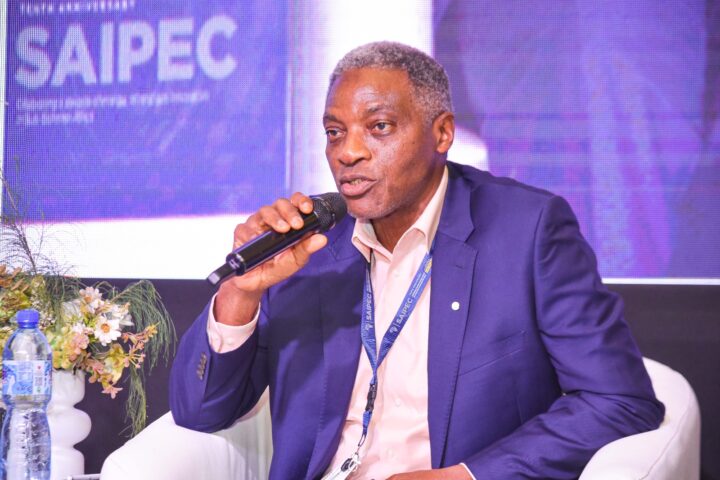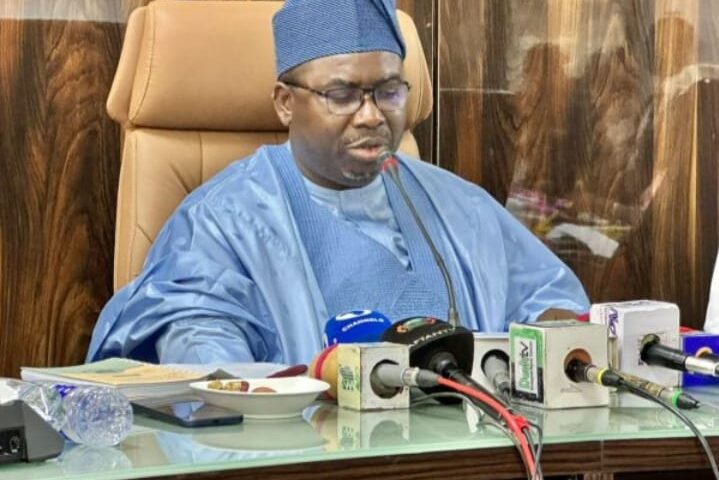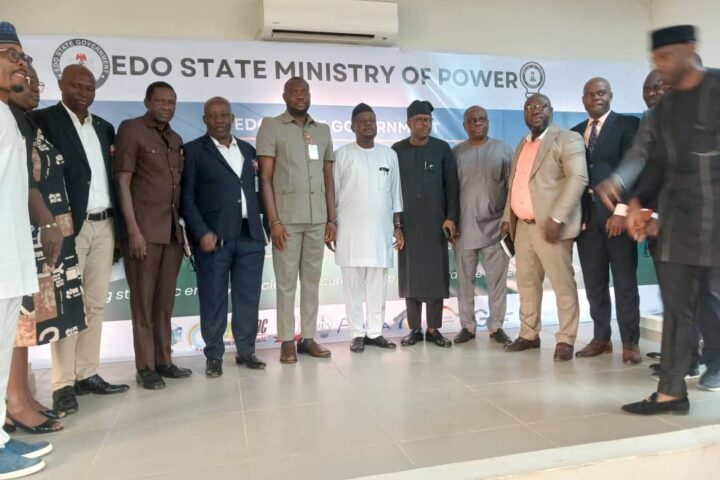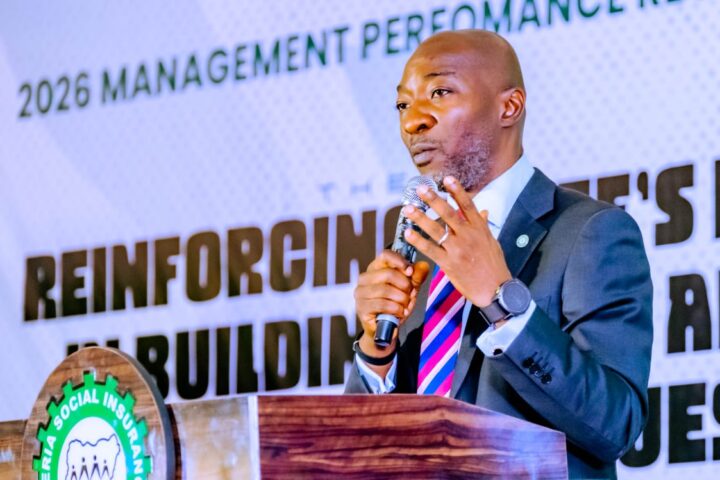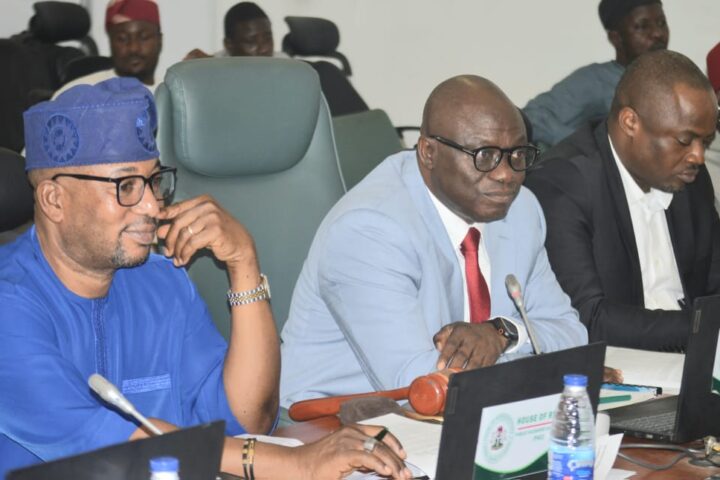
Seplat Energy Plc, says its gas development programmes as a major boost for Nigeria’s energy transition agenda as well as the global call for carbon reduction.
Its Chief Executive Officer, Roger Brown,Seplat Energy Plc, who disclosed this while addressing the media at the recently concluded Africa Oil Week (AOW) in Dubai, United Arab Emirates,said most developed countries currently have gas grid bases forming a strong pedestal for renewables, which is far beyond what is obtainable in Nigeria where the grid base is diesel power.
“To transit to renewables, you need a grid base that works. So, our Decade of Gas mantra in Nigeria is aimed to provide the right grid base for that transition and Seplat Energy is well aligned to that. If you do not have the right grid base and want to go the way of renewables, you could end up going off-grid with small scale solar panels all around. It is important for the world to understand the peculiarities of Nigeria and that the country needs the right base to transit to renewables.”
He also spoke in a panel session dubbed ‘Upstream Value Creation: Unbounded Opportunities Post-COVID’ and outlined the company’s business strides and as well as its future strategies.
He added: “Nigeria must have energy which is right for its population. It is got over 200 million people today and by 2050, there would probably be over 400 million Nigerians in this planet, which makes it the third most populous place in the world. For the 400 million people expected, we need to provide the right infrastructure. If you don’t, you are going to have a population migration as the average age in the country today is 18.”
According to him,Seplat Energy’s business plans are on three layers and there are three pillars to it. The pillar one, he noted, is the upstream oil and gas, where the Company is a big producer (independent) in-country.
“The pillar two is our gas processing business with existing and efficient gas plants, and by early 2023, we will be probably the biggest gas processor in-country. In our gas value chain, we have a critical model for electrification in- country. Our pillar three is the renewable business, and we are making very strong intent to say we are going to give the transition energy that is right for Nigeria. There is no point designing what is just good for other parts of the world and does not address the concerns in the areas where we operate,” he noted.
He explained, these pillars are there to not only deliver the right energy mix, but other issues prevalent in the Nigerian space, adding that: “Nigeria has been described as a rich oil producing country, but there is more gas. The federal government has identified this and has put forward the Decade of Gas narrative. The gas profile would last longer than that of oil as gas could be produced for a much longer period, and is an efficient fuel.
“The benefit of gas is very clear: it is a carbon reduction energy source today. Currently, Nigeria’s electricity source is predominantly off-grid diesel. Gas-fired power displaces the diesel option and has CO2 emission reduction of 30 to 50 per cent depending on the technology deployed. So, for every molecule of gas we put into the market, we displace carbon. By displacing diesel-fired power, we are actively reducing carbon. But for Seplat Energy, this carbon reduction has to be proven.“
He said the company had developed bespoke models based on the needs of its host communities, which is the reason its partnership with the communities has remained progressive. “Apart from our educational and health interventions and other areas of empowerment, we are still seeking more ways to grow and scale the partnership,” he stressed.
Speaking on the company’s journey so far, Mr. Brown said it has been a huge amount of development in sub-Saharan Africa as far as the energy sector is concerned, of which the developments have been driven largely by the IOCs and also the national oil company working with them.
According to him, there hasn’t necessarily been a country-specific development, and that is where the opportunities lie.




